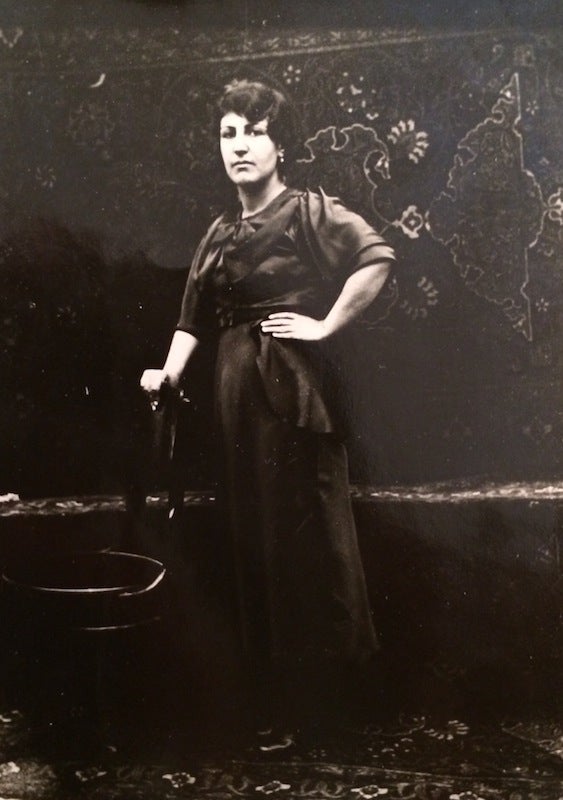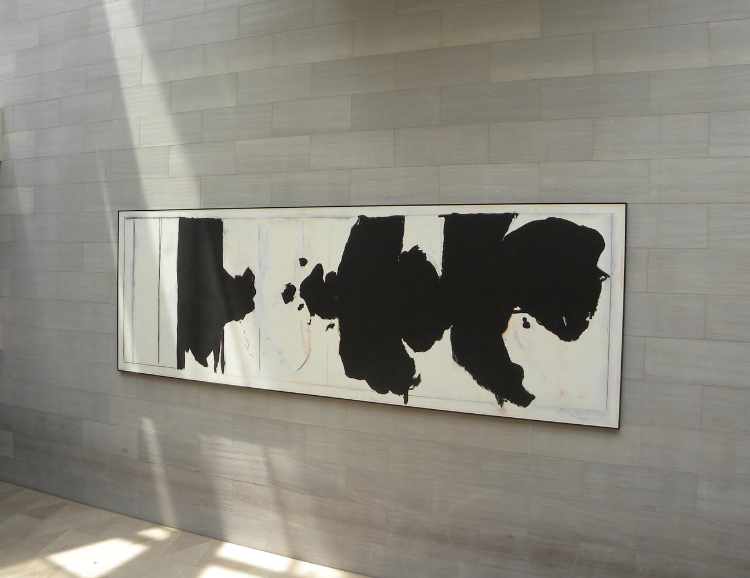What’s in a name?
* Kaveh Bassiri *
Do parents choose names in search of their children? My father wasn’t a poet, but he chose sound over meaning. He named his second son Kavoos, an unjust king in Shahnameh, and ended up naming his other sons with Persian words beginning with “ka.”
* Kaveh Bassiri *
Do parents choose names in search of their children? My father wasn’t a poet, but he chose sound over meaning. He named his second son Kavoos, an unjust king in Shahnameh, and ended up naming his other sons with Persian words beginning with “ka.”







